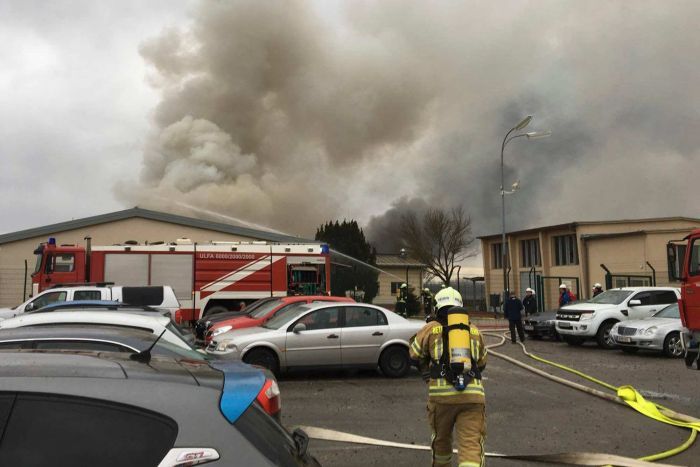
Warning lights have started flashing in the Balkans in recent weeks as the threat of a Bosnia-Herzegovina breakup becomes more pronounced. When the Dayton Accords were signed in 1995, it brought an end to the 1992-95 Bosnian War, one of the Yugoslav Wars. Bosnia was divided largely along ethnic lines with a government that was defined by its weak centralized role. The Serb-run Republika Srpska and the Bosniak-majority Federation of Bosnia and Herzegovina are the two main political power blocs. Bosnian Croats have been pushing for their own political entity, but creating that would splinter the country even more and perhaps fatally weaken the already unsteady government.
The Dayton Accords created the Office of High Representative, a post intended to oversee implementation of the accords in Bosnia. Christian Schmidt of Germany will be taking over the position this summer. His primary mission is to continue Bosnia-Herzegovina’s journey towards becoming a fully functioning nation-state. This will not be an easy task to accomplish. Schmidt will come to the Balkans at a time when the ethnic and territorial problems of the past are simmering once again, fueled by factors such as Russian interference in Bosnia and the publication of an authorless Balkan non-paper. The controversial document appears to champion a permanent breakup of Bosnia and realignment of the region around three new entities should efforts to integrate Bosnia into the European Union fail. The new entities would include the following: a Greater Albania, Greater Serbia and a Greater Croatia.
The problem with Bosnia-Herzegovina right now stems directly from the Dayton Accords in 1995. The peace agreement did not provide permanent solutions to the root problems that sent Bosnia into a tailspin in the early ‘90s. Instead, it froze these problems and cast them aside with the intent that Bosnia would become a nation-state in its own right at some point in the foreseeable future. Then the root problems could be dealt with once and for all. Unfortunately, the hopes and timelines that came to life at Wright-Patterson AFB in December of 1995 have not been met.
Now the problems that have been frozen for just over twenty-five years are beginning to thaw, and this fact is beginning to cause real concern in European capitals.
